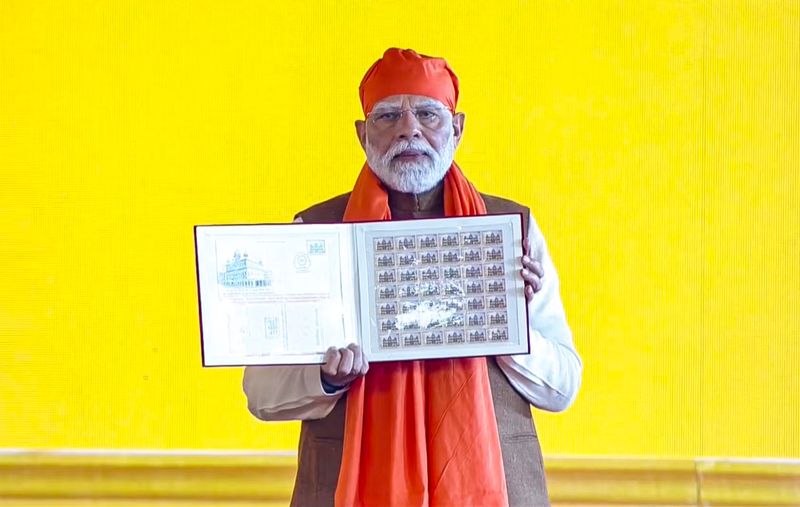Listen To This Post
New Delhi: In a significant judgment aimed at curbing the misuse of rape laws, the Supreme Court has held that the breakdown of a consensual relationship between two adults cannot be treated as a criminal offence to invoke charges of rape. The court cautioned against giving “failed or broken relationships the colour of criminality,” stressing that the law on sexual offences must be applied with utmost seriousness and care.
A Bench of Justice BV Nagarathna and Justice R Mahadevan quashed a rape case filed against a lawyer, ruling that the relationship in question was voluntary, sustained and consensual for over three years. During this period, the woman did not allege lack of consent or coercion, the court noted.
“The offence of rape, being of the gravest kind, must be invoked only in cases where there exists genuine sexual violence, coercion, or absence of free consent,” the Bench said, adding that repeated attempts to convert acrimonious relationships into criminal cases undermine the gravity of the offence and unfairly tarnish the accused.
‘Classic instance of a consensual relationship turning acrimonious’
Setting aside a Bombay High Court order that had refused to quash the FIR, the Supreme Court observed that the case presented before it carried no material to justify framing rape charges under Section 376(2)(n) of the IPC.
“Upon a careful consideration of the record in the present case, we are unable to discern any material that would warrant the invocation of Section 376(2)(n) of the IPC,” the judgment said. “The facts of the present case unmistakably indicate that it is a classic instance of a consensual relationship having subsequently turned acrimonious.”
The court further warned that indiscriminate filing of rape cases in soured relationships “trivialises the seriousness of the offence” and causes “indelible stigma and grave injustice” to the accused. Such misuse of criminal law, it added, has broader social implications and “is a matter of profound concern and calls for condemnation.”
‘Law must remain sensitive to genuine cases’
Writing for the Bench, Justice Nagarathna underscored the need for balanced application of the law. While misuse of rape charges must be strongly discouraged, genuine cases involving breach of trust, manipulation or violation of dignity must continue to receive full legal protection.
“The law must remain sensitive to such genuine cases where trust has been breached and dignity violated, lest the protective scope of Section 376 of the IPC be reduced to a mere formality for those truly aggrieved,” she wrote. The ruling is expected to serve as a crucial precedent in distinguishing consensual relationships from cases of actual sexual violence, ensuring that the criminal justice system is not misused while preserving its sanctity for genuine victims.












